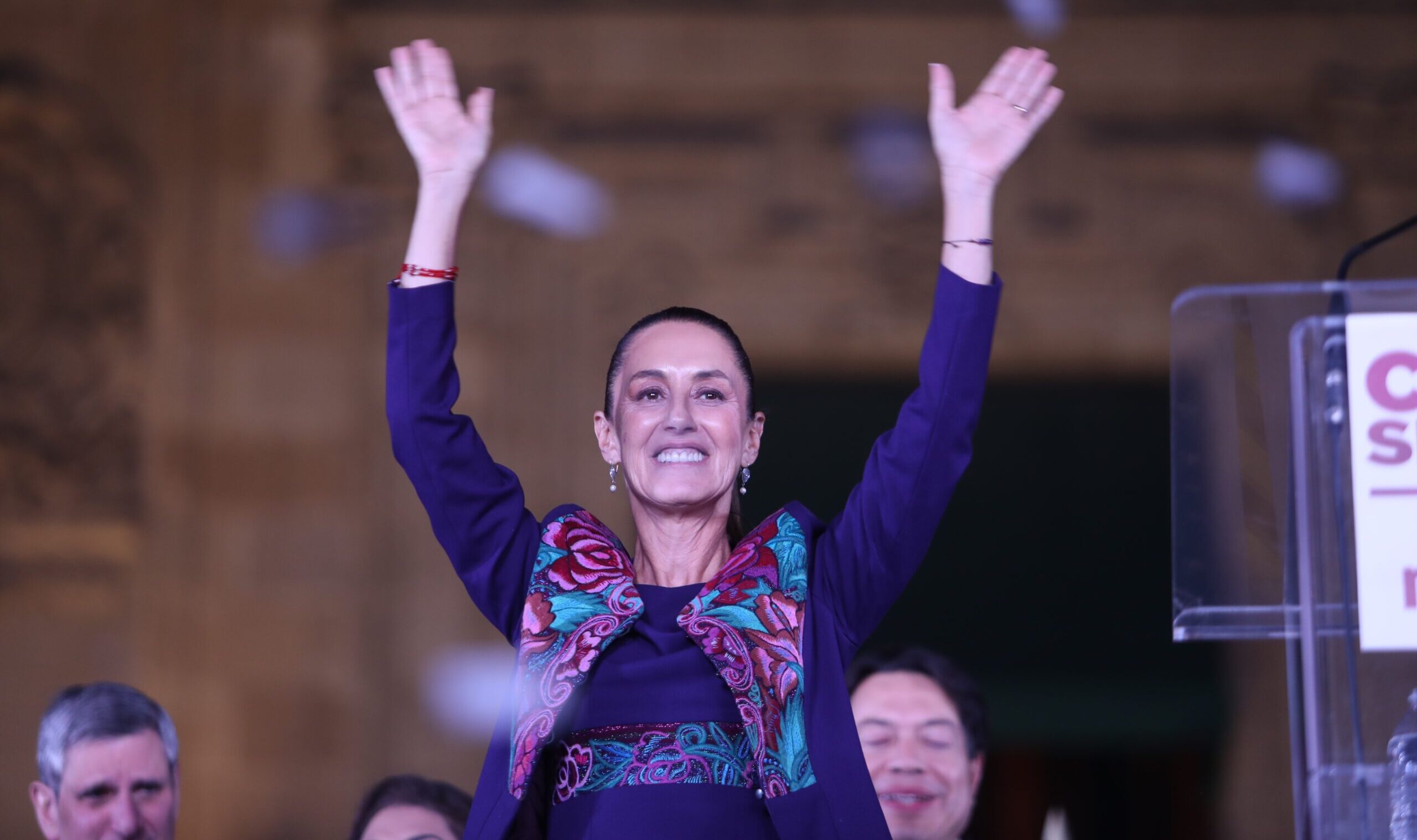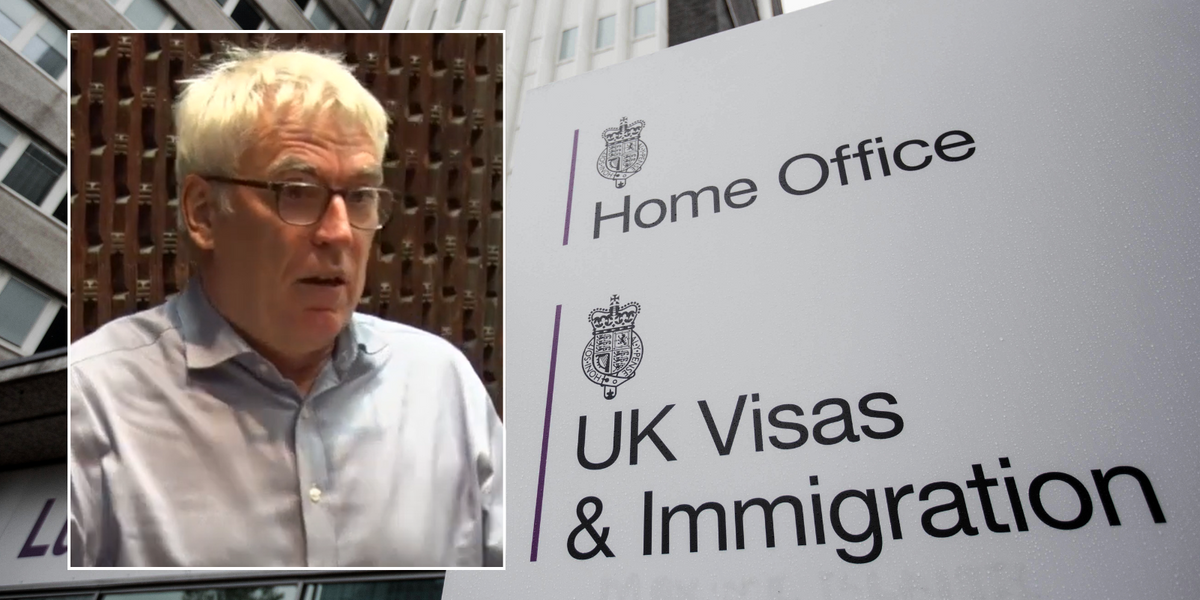Latin America
Cracking down on cartel crime requires more bullets than hugs.

Mexico’s President Claudia Sheinbaum has quietly been abandoning the security framework of her predecessor, the populist Andrés Manuel López Obrador. López Obrador famously took a soft-touch approach towards cartels in Mexico, saying that ultimately what would solve organized crime are “hugs, not bullets,” a statement which became the motto for the security plan used by Mexico during his six-year tenure as president.
This approach was based on the argument that cartel crime is ultimately motivated by economic inequality and instability and thus the correct way to reduce cartel violence is to provide young people with housing, education, and economic opportunities. This was a strong political position for López Obrador to take, as it provided additional justification for all sorts of welfare programs that he hoped to implement to reduce inequality among Mexicans. But the administration did put in place a number of programs explicitly aimed at improving youth education and economic opportunities, such as Young People Building the Future, a government jobs program that provides significant pay and benefits for Mexicans aged 18–29 that are not otherwise working or in school.
The main problem with the approach was that it completely failed at transforming the landscape of organized crime in Mexico, for fairly obvious reasons. López Obrador’s contention is not entirely without merit; many young people do go into organized crime for economic reasons. But those reasons are not solely related to desperation and poverty. The drug trade is immensely lucrative, offering a higher salary than the legal side of either the Mexican public or private sector can reasonably afford. Government welfare programs can prevent poverty, but joining a cartel can make you rich.
The light touch from the Mexican government, coupled with opportunities created by the Biden administration’s lack of enforcement at America’s southern border, allowed the cartels to flourish over the past several years. Mexicans have paid the price. Homicides in Mexico reached record highs under López Obrador in 2020, and although official murder rates declined slightly over the six years of his presidency, they remain historically high. Worse yet, much of that decline may be illusory, as Mexico has suffered rapid growth of missing persons cases. In 2023, there were over 100,000 people missing in the country, many of whom were likely victims of cartel violence whose bodies have not yet been found.
The astonishing spectacle of cartel brutality has become increasingly prominent in Mexican politics. Some states, like Sonora and Coahuila, have become virtual war zones—in 2024, both saw an average of more than 100 murders every month, primarily the result of organized crime. Shootouts between rival cartels have become common, with civilian victims caught in the crossfire. Nor are the cartels hesitant to flex their muscle politically when it becomes convenient: The savage murder of the mayor of Chilpancingo, the capital of the crime-ridden state of Guerrero, shocked the nation last October. Just six days after the mayor was elected on a promise to crack down on crime in the city, he was found dead in his car, his head chopped off and placed on top of the vehicle as a grim warning to other potential reformers.
Subscribe Today
Get daily emails in your inbox
Anger at the effects of organized crime has become steadily more salient, as Mexicans tire of the depredations of cartels and gang members. This is one reason that Sheinbaum, as president, has declined to use the phrase “hugs, not bullets” to describe her own political program. Her change in approach is not merely rhetorical. While Sheinbaum maintained a focus on welfare and youth assistance, adding her own signature plan to vastly increase housing construction in the country, she also proposed a new security plan that focuses on investigation and intelligence to infiltrate cartels and disrupt their activities.
The fact that cartel violence has become so visible and unpopular is doubtless one reason that Sheinbaum has proven so cooperative with President Donald Trump in his efforts to close down the border and crack down on drug and human trafficking from Mexico into the U.S. Unlike Canada, which has seen a major anti-American backlash from both the populace and the government in response to the U.S. president’s aggressive moves, Mexico has largely taken Trump’s sometimes bewildering pattern of threats and demands in stride, following Sheinbaum’s cool and intentional approach. The Mexican president has handled the situation with impressive tact and control, calmly asserting Mexico’s sovereignty and avoiding any appearance of subordination to the U.S., while also largely providing Trump with everything he has asked for and sometimes more—sending thousands of Mexican troops to the border, cracking down on trafficking, even taking the unprecedented step of extraditing cartel kingpins from Mexican prisons to be tried in American courts. The result has been an unusual situation in which the U.S. has a better working relationship with Mexico than with Canada.
Sheinbaum’s security programs still have a long way to go to become truly effective at taking on cartel violence. Faced with a mounting deficit last year, Sheinbaum cut the security services budget significantly for 2025, a decision she may now regret. But she has long since begun tacking away from López Obrador’s lenient treatment of organized crime, and Trump has provided excellent cover for her to do so under the guise of political necessity—something that allows her to avoid a politically costly confrontation with her predecessor’s supporters in the party.

 By The American Conservative | Created at 2025-03-30 04:20:11 | Updated at 2025-04-02 16:14:43
3 days ago
By The American Conservative | Created at 2025-03-30 04:20:11 | Updated at 2025-04-02 16:14:43
3 days ago








